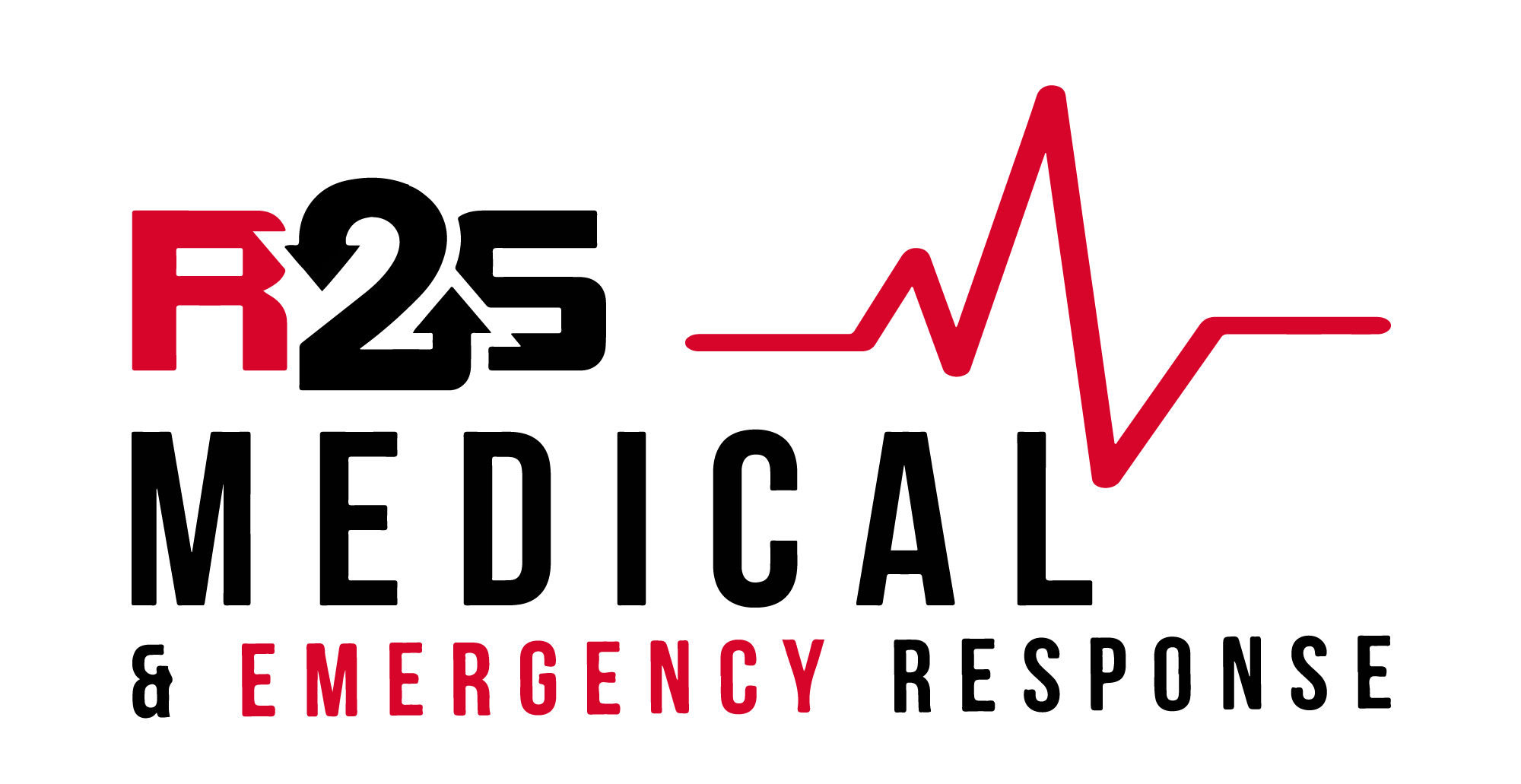21 December 2023in Full Time, Mining, Paramedic, Permanent, QLD - Brisbane, QLD - Rural & Remote, Rural & Remote
Regional Operations Manager
Risk 2 Solution Medical & Emergency Response is a boutique integrated healthcare, safety, security and risk company and we pride ourselves on the high level of support we offer to our people.
We are based in Queensland and supply Doctors, Registered Nurses, Registered Paramedics, Emergency Services Officers and Security Officers to a diverse range of worksites.
We are expanding our field leadership and seeking 2 candidates to fill an OPS Supervisor role.
Applicants have to be based in QLD Australia.
- Rosters will be 7 days on, 7 days off (day and night shifts)
- DIDO for local staff opportunity, Camp Accommodation and meals.
- FIFO Flights from Brisbane, Camp Accommodation, meals and car hire or company cars supplied.
Successful candidates need to hold the following experience and qualifications and requirements:
- AHPRA Registration
- Manual Drivers Licence
- Bachelors degree in Paramedicine
- Certificate III Mines Rescue
- PUAFIR207B – Operate Breathing Apparatus
- PUAFIR316 – Identify, Detect & Monitor Haz Mat at Incident
- PUASAR24A – Undertake Road Crash Rescue
- PUASAR032A – Undertake Vertical Rescue
- PUASAR025A Undertake Confined Space Rescue
- RIIERR201D Conduct Fire Team Operations
- PUAFIR320 – Render Hazardous Materials Incident Safe
- RIIERR302D Respond to Local Emergencies & Incidents
- Standard 11
- HLTPAT005 Collect Specimens for drugs of abuse testing
- HLTAID014 Provide Advanced First Aid
- HLTAID015 Provide advanced resuscitation and oxygen
- HLTAID009 – CPR
- HLTAID011 – Provide First Aid
- White Card
- G189 + G2
- TAE40116
Additional Desired Skills and Qualifications:
- Rescue Coal Board Medical
- QLD Security Licence
- HR Drivers Licence
- BMA Supervisor appointment
- Significant and demonstratable understanding of the BMA contract and workings.
Send us an email if you have any questions or send your resume to [email protected].





